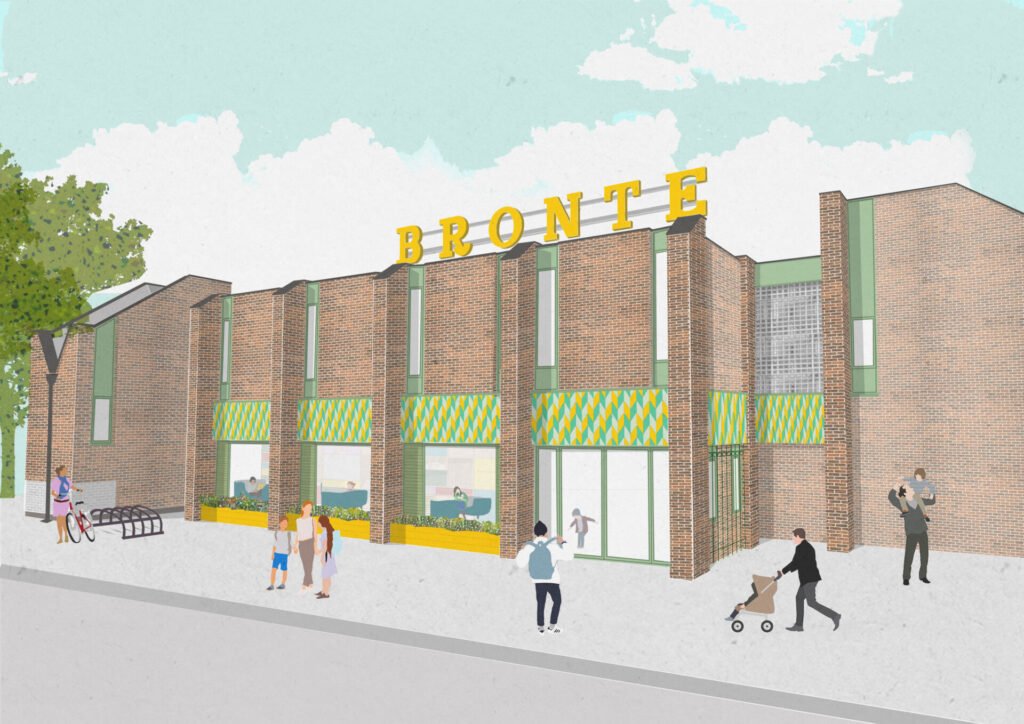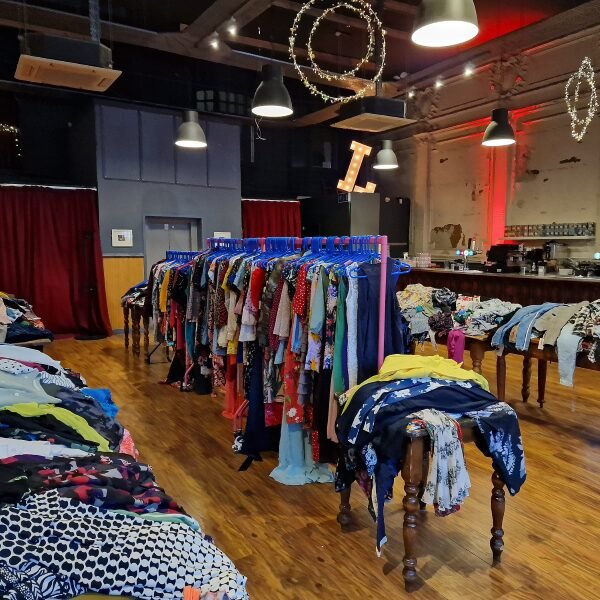A city that prides itself on a unique, safe and variety nightlife scene, Liverpool has a reputation for being the place to be when socialising. From trendy cocktail bars, exclusive nightclubs, traditional pubs to swanky bistros, Liverpool has its finger on the pulse.
Take all these venues out of the picture and the once lively streets in the heart of the city, are now a shell of its former self. Gone are the people linking their friends while shimming along to the closest boozer, no making new friends in the toilets, no dancing in the streets when the latest new tune is blaring from a bars’ open doorway, all a way of life pre COVID.
The impact of the lockdown measures that the Government imposed nearly a year ago have been incomprehensible for the nightlife sector. With a majority of venues dealing with complete closures, to venues adapting and adhering to curfews, just what impact has the city taken and how much longer can it be sustained?
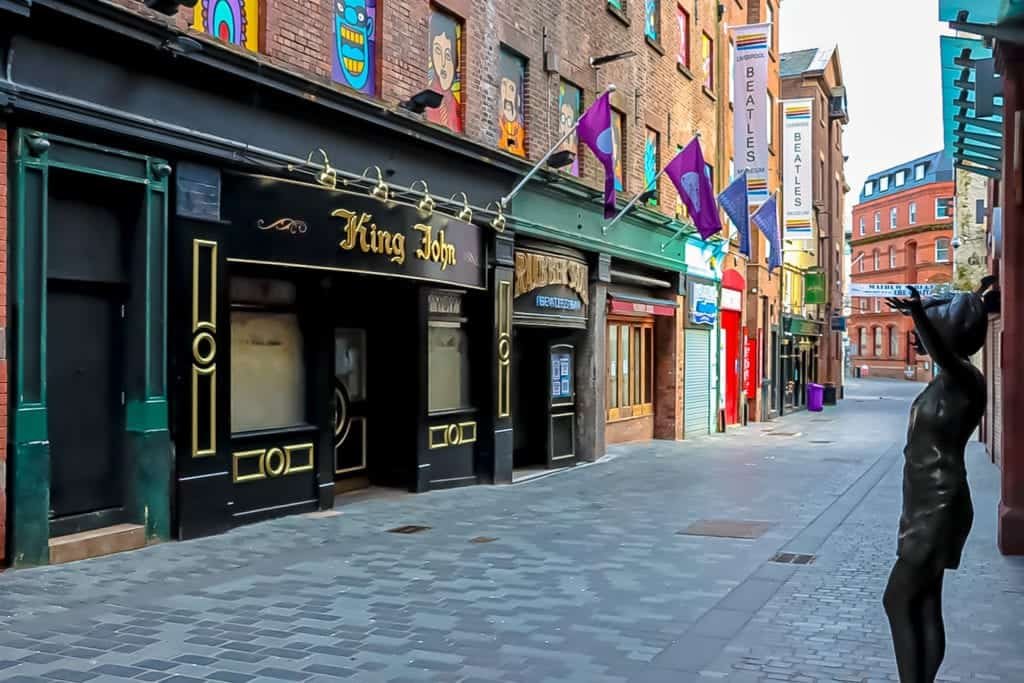
John Hughes has been a beacon of hope for Liverpool’s nightlife scene, with over 36 years under his belt in the sector. Head of Liverpool Nightlife CIC, a project that works closer to make the city a secure and safer place, John is also chair of Liverpool’s Pub Watch. After nearly a year of fighting for the survival of Liverpool’s nightlife economy, how poorly and neglected has Liverpool’s night-time economy been treated?
John explains:
“Well hospitality was first to close and last to open! Just look at the 5 hours’ notice back at the end of March. I was actually at an opening of a new venue in the city called Abbey Road Bar & Kitchen which, well opened and closed on the same day! Then we had the food rule in relation to a substantial meal – which had no science at all behind it! Hospitality seems to have been the scapegoat in a lot of people’s opinions.”
During the pandemic venues across the city adapted, implementing the new social-distancing safety measures, with venues having to operate to a limited capacity which resulted in having a detrimental effect on revenue.
John continued:
“I would say 65-70% of turnover was lost under the new rules. Being seated was tough, no music, pre-bookings, confusion on what is expected of customers on a night out and the 10pm curfew came in which was ridiculous. This just resulted in a race to late night off licenses, Tesco’s and essentially back to parties. The industry in general is run by strong business owners who have attempted as much as possible, until opening eventually was just not viable for most.”
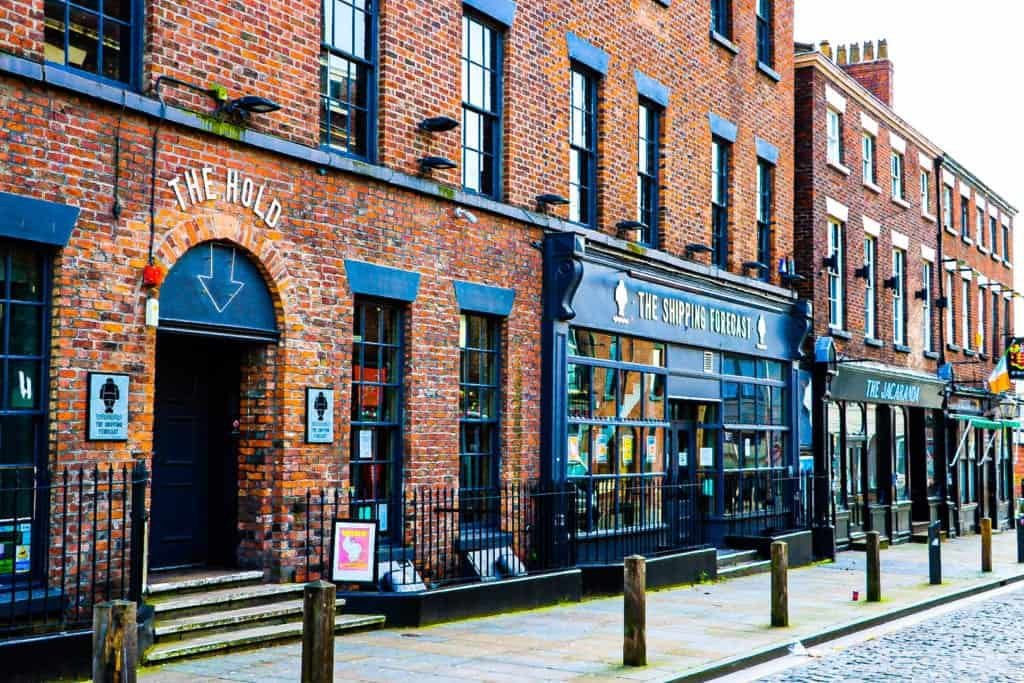
The closures of the nightlife scene has also had a damaging effect on other areas of the city such as taxi/private hire industry, artists and self-employed, which John knows first-hand:
“Taxis, especially the hackneys. Security staff, singers, bands, the self-employed who supply the industry and so on. The grants to bars, pubs and clubs does not touch the sides sadly and landlords still want rents paying. The insurance industry has dragged their heels and sadly only about 1 in 10 cases have been paid out. Often citing the fact venues were closed by the Govt and not their local councils! The one saving grace has been the furlough scheme for staff.”
Feeling the brunt of the closures and adaptation since the beginning of lockdown, Mike Edwards Operation Director for the Pub Invest Group describes the impact:
“Even some of our nightclub sites were re-opened for a time under the guise of large-scale cocktail bars – which surprisingly people took to; but once again as time went on, restriction after restriction meant it was untenable, and half of our venues were closed again, with staff sent back home waiting for their furlough payments.”
“Every one of our sites has completely changed the style of operation. The food focused brands were far less atmospheric, and far too clinical to feel like you could truly relax, having to control entry like you’re at Heathrow passport control, rather than heading out for a family meal. Whilst our wet let pubs have adapted massively to accommodate more seating and a basic food offering – with little or no experience from the staff and managers on site. There’s been a lot of re-training, ever increasing micro-management, not to mention having to work around staff and managers who now have kids to home school or isolate with. We changed our operation, as the regulations changed – but you do what you have to, just to survive.”
With over 30 brands within the city, just how long can the nightlife economy sustain before it is too late?
Mike continues:
“If you’d asked me last March, I would have said we’ll make it six months – that’s our limit. Yet we’re still here. How? I’ve no idea – Government grants and loans have helped, but nowhere near enough to even cover fixed costs. Debt has increased uncontrollably in the industry. It’s not as simple as once we re-open we’re back. The increased debt comes with increased costs, not to mention the massive increases already felt from suppliers. The changes in trading styles has already massively impacted our wage costs. There’s a lot of tough times ahead. Tough decisions to be made. Will all our venues survive this?”
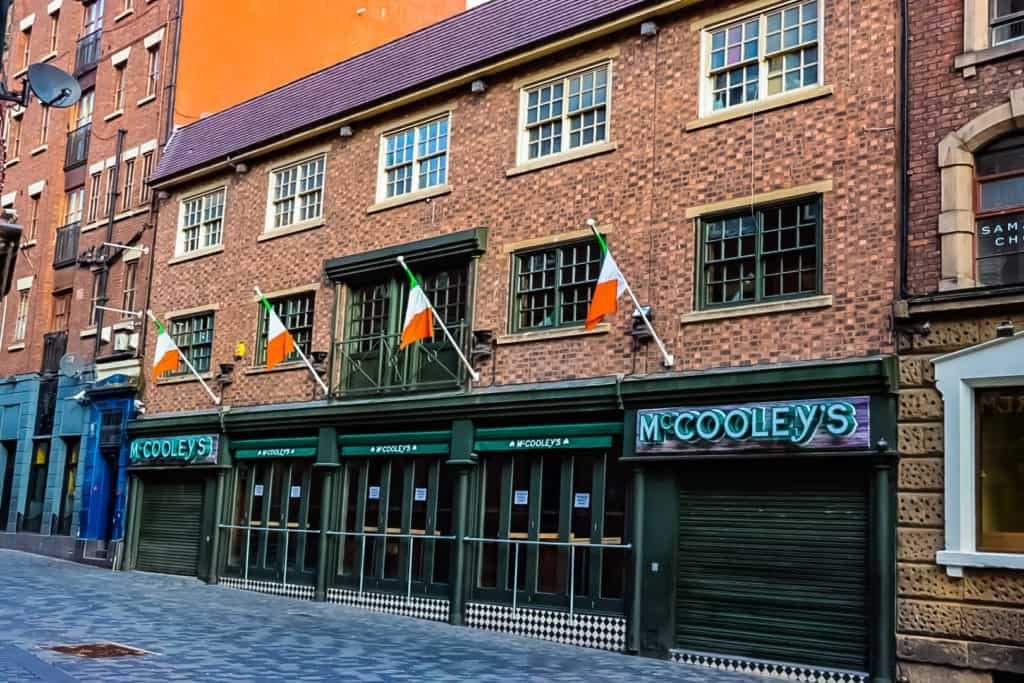
Working closely with brands from the nightlife economy, Gary Bond, Managing Director of Bond Media Agency describes the effects of the closures:
“From a PR & Media Relations point of view we have had to evolve with the constantly changing situation. From lockdown to opening (with restrictions). For example, we had one client who opened their site the day the first national lockdown started! The same client then opened a new cocktail bar in the summer, with an opening time of 9-3am – just as the 10pm curfew kicked in! So, a lot of pre work from 2019 has had to change.”
Gary and the team have also had to become resilient to the endless restrictions:
“We have kept the sector informed as well as involved in the media with our ongoing work with the Liverpool Nightlife Economy. Hundreds of sites are all members and meet monthly (now on zoom) as well as keeping updated with a what’s app group. So, we have relayed all the sectors hopes and fears via ongoing media work with the likes of yourselves as well as BBC, ITV, Echo local radio and so on. The group support each other with grant advice, insurance issues and so on.”
With the news of the vaccine and a road map put in place to be announced 22nd February, is there a light at the end of the tunnel?
John says:
“We await the road map. I would like to see hotels/restaurants open at the end of March. Then bars and pubs opening come mid-April, so things are “as normal” as possible come the first bank holiday in May. 2019 was a fantastic year in the city of Liverpool. LFC European success over many games being at the heart of that. With the usual big dates in the city, such as Mother’s Day, Races Weekend, Bank Holidays and Halloween all rammed. Venues had a great year. It’s going to take us a long time to get back to this but with enough notice and planning we are hopeful of a “good” summer in the city. People need to remember when most industries went back to work it was not such a change for them in terms of processes. The hospitality industry has seen huge change. From sitting down in pubs to having to wear a mask when standing. So, I hope people give staff time to train up and get working again, under whatever new guidelines/rules Boris and his merry men implement.”


